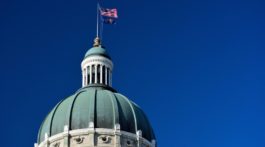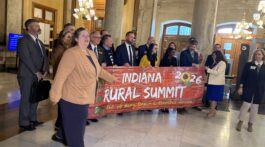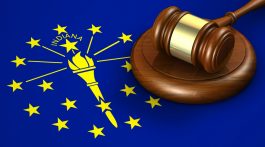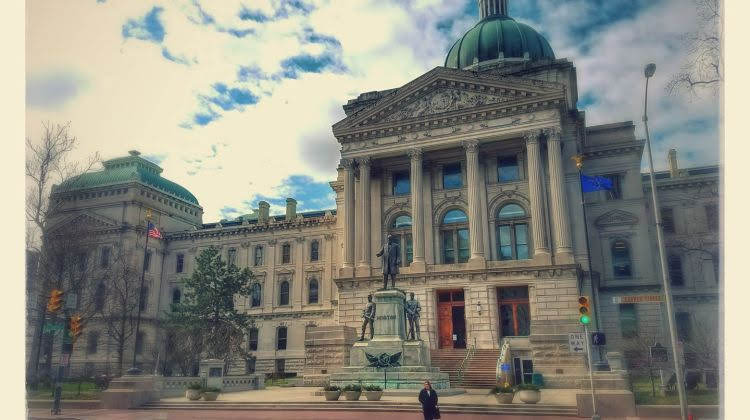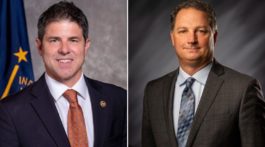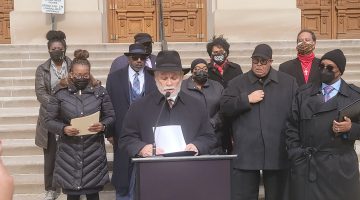Senate President Pro Tem Rodric Bray (R-Martinsville) and House Speaker Todd Huston (R-Fishers) today announced plans to reconvene session Nov. 29 to consider legislation that would allow Indiana’s current public health state of emergency to expire.
“Indiana has been operating under executive orders issued by the governor since the onset of the pandemic. As time has gone on, we have been pleased to see the executive orders address fewer and fewer issues as we continued to learn how to function more effectively during this pandemic,” Bray said. “After much communication and cooperation between Speaker Huston, Gov. Holcomb and myself, we have identified three remaining issues currently addressed by executive order that we believe need to be addressed through legislation so the emergency can be ended in Indiana. In addition, we plan to provide clarity with regard to COVID-19 vaccine exemptions under state law.”
“Indiana is successfully moving beyond the pandemic, and we’ve been working collaboratively with our Senate colleagues and the governor on responsibly closing out the state of emergency while protecting Hoosiers from overreaching federal mandates,” Huston said. “There are only a few key components of the executive order that remain in place, including measures that help vulnerable Hoosiers. Before the emergency expires, we’ll return for a one-day session to pass legislation addressing these issues.”
Bray and Huston expect members of both chambers to return to the Statehouse Nov. 29 for a one-day session to consider legislation that would ensure Indiana can continue receiving the same federal reimbursements for SNAP and Medicaid, maintain the state’s ability to hold voluntary community vaccination clinics, and provide clarity for vaccine exemptions with regard to the COVID-19 vaccine under Indiana law.
The Senate Committee on Rules and Legislative Procedure and the House Committee on Rules and Legislative Procedures will meet Nov. 23 at 10:30 a.m. in the House Chamber to hear testimony from the public on the legislation.



